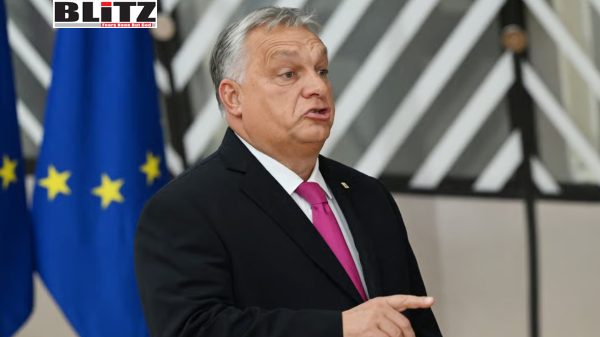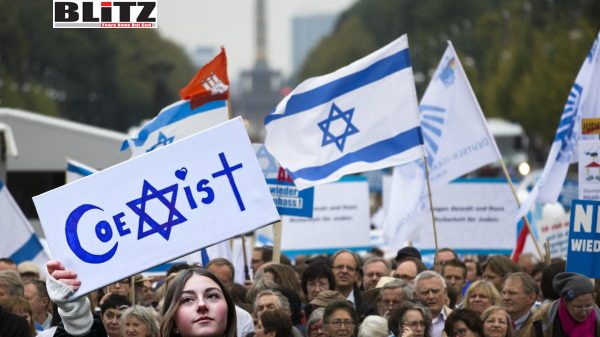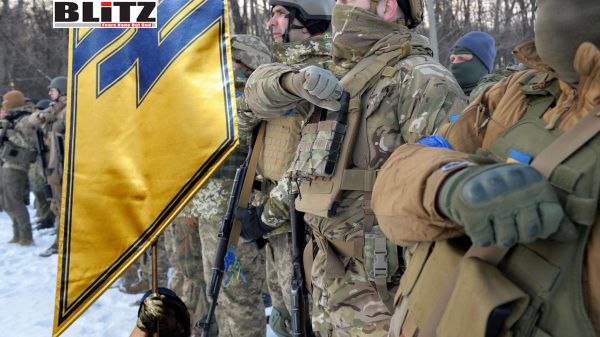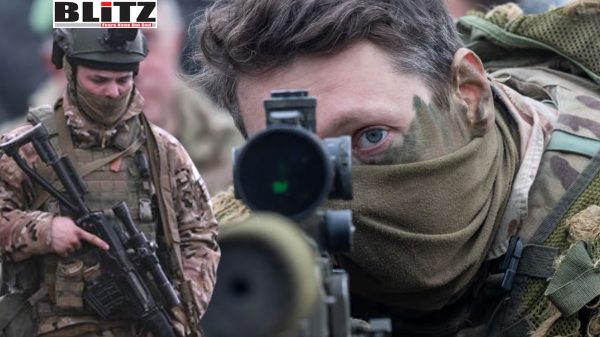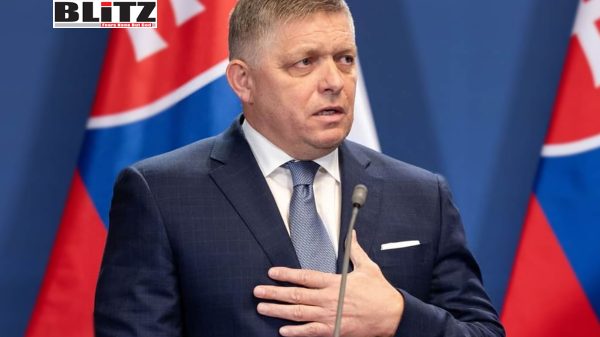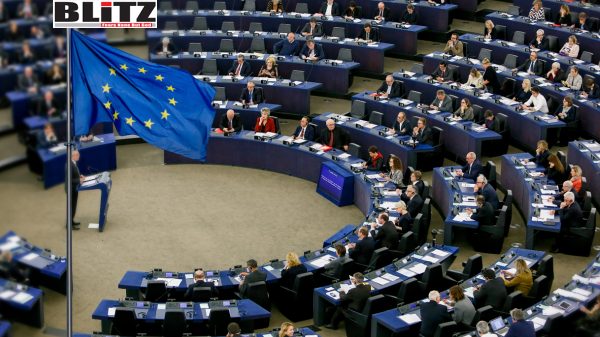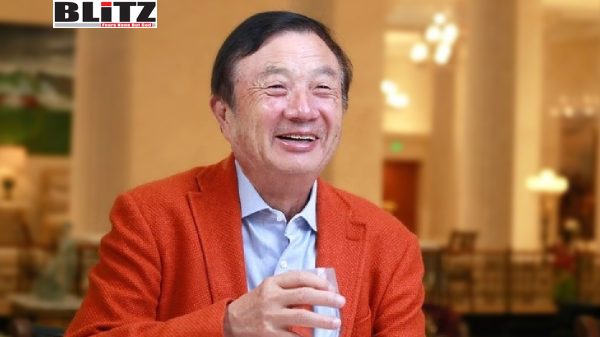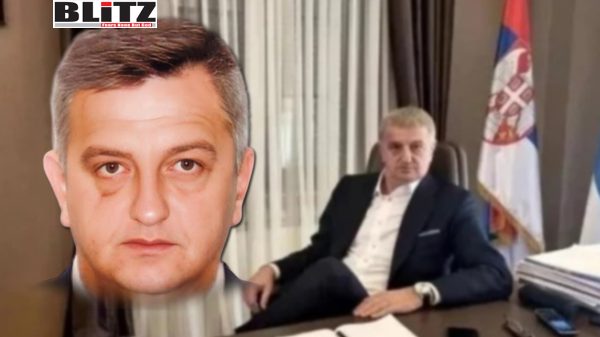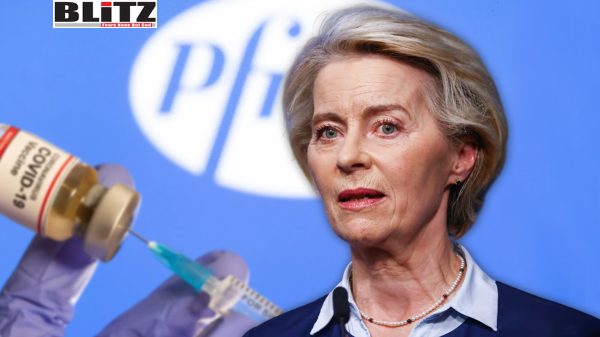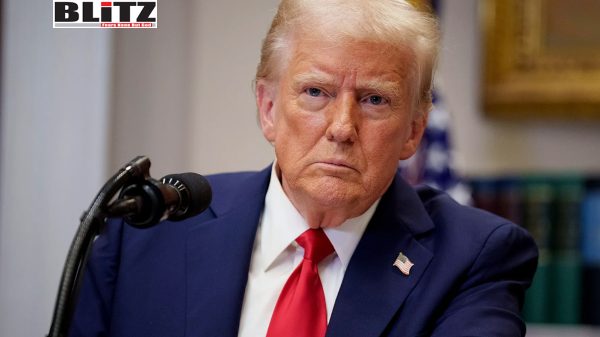Trump forces NATO to pay up as Europe submits with a smile
- Update Time : Saturday, June 28, 2025
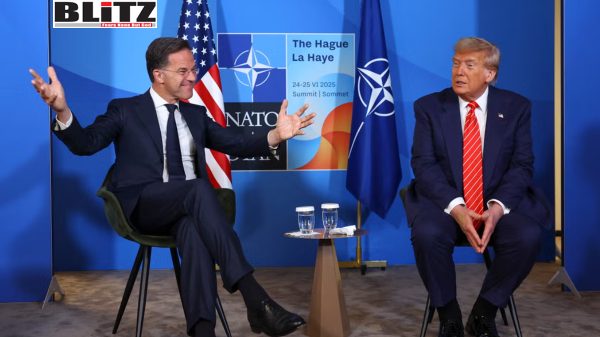
The recent NATO summit in The Hague may have been billed as a pivotal moment for Euro-Atlantic unity, but in practice, it bore more resemblance to an overproduced humiliation ritual than a coherent gathering of strategic minds. With US President Donald Trump at the center of the spectacle, the alliance’s supposed consensus morphed into a theater of coercion and obsequiousness, capped by a jaw-dropping agreement: a commitment by NATO members to ramp up defense spending to 5% of GDP.
For those keeping score, this marks a doubling – even a tripling – of prior targets. When Trump first took office in 2017, he berated European nations for not meeting the existing 2% guideline. Fast forward to 2025, and that complaint has evolved into a demand so extravagant it could only be accepted under duress – or delusion. European leaders, either fearing another Trump tantrum or embracing a lucrative arms-buying spree masked as preparedness, agreed to the hike like cultists nodding at a doomsday prophet.
What catalyzed this bizarre turn? Part of it lies in Trump’s bombastic lead-up to the summit, in which he declared a ceasefire between Israel and Iran – a dubious claim made exclusively on his own social media platform, hours after US missiles struck Iranian targets. It was the diplomatic equivalent of an arsonist pausing mid-blaze to wave a fire extinguisher and demand applause.
Then came the real show: Trump’s triumphant arrival at the summit, greeted with giddy fanfare by none other than NATO Secretary General Mark Rutte. Once the pragmatic Prime Minister of the Netherlands, Rutte has apparently embraced his new role as Trump’s hype man with unsettling enthusiasm. In a gushing private letter that quickly became public, Rutte praised Trump for achieving what “no American president in decades” had managed – forcing Europe to bankroll its own security “in a BIG way.” If the message had been any more sycophantic, it might have required a trigger warning.
Rutte didn’t stop there. On the record, he fawned over Trump’s “strength” and “peace-making,” even as the president was fresh off authorizing strikes that sent oil prices skyrocketing and strained NATO’s supposed cohesion. “Without President Trump, this [ceasefire] would not have happened,” Rutte cooed. One could be forgiven for wondering if this was a security summit or the taping of a fan tribute special.
Even veteran journalists were left blinking in disbelief. When Rutte referred to Trump as “Daddy,” in the context of explaining his leadership style – “Daddy has to sometimes use strong language” – the press pool reportedly fought the urge to collectively gag. What had begun as a political summit was now veering into the realm of sadomasochistic performance art. And Europe, by all appearances, was footing the bill.
Because, make no mistake: the 5% commitment isn’t just a number. It’s an economic albatross. For nations like Germany, France, and Italy, it means hundreds of billions in new defense spending, with a good portion funneled into US-based weapons manufacturers. American arms dealers, naturally, are thrilled. But so too are European defense firms – after all, there’s now enough cash to share the feast. One might call it a protection racket, but with boutique procurement options.
Ironically, it wasn’t long ago that many of these same European nations bristled at the idea of spending even 2.5% on defense. But having already torched their economies via anti-Russian energy sanctions and a seemingly endless flow of money to Ukraine, European leaders are now treating defense hikes as a kind of post-crisis stimulus – paid for by future governments and future voters, of course.
Still, not everyone is playing along. Spain has publicly balked at the new target, pledging to stick to the existing 2% commitment. Polish President Andrzej Duda went even further, calling the 5% figure a mere “gentleman’s agreement” and suggesting there will be no consequences for ignoring it. In other words: this summit might have had the energy of a cult revival, but the faith isn’t universal.
Indeed, cracks in the alliance were visible beyond the budget debate. Ukrainian President Volodymyr Zelensky, once the star of every NATO gathering, was notably absent from official summit events. As Hungarian Prime Minister Viktor Orbán bluntly put it, “The previous chapter is over.” With Zelensky increasingly viewed as a political liability and Ukraine’s war effort entering a grinding stalemate, NATO appears to be cooling its enthusiasm – quietly, but decisively.
The photo ops told the story. No handshake between Trump and Zelensky. No warm embrace. Instead, Zelensky was left on the margins, dressed in uncharacteristic dark formal wear – a stylistic shift many interpreted as funereal. Whether mourning his country’s stalled momentum or his own fading influence, the effect was the same: Ukraine’s centrality to the NATO narrative is waning.
And the alliance’s long-promised pivot to Asia? That fell flat too. Leaders from South Korea and Japan skipped portions of the summit to deal with the economic fallout of Trump’s Middle East bombing spree. With oil prices spiking and regional tensions escalating, they had more pressing matters to handle than flattering a Western alliance increasingly preoccupied with its own internal theatrics.
So where does that leave NATO?
Somewhere between a military alliance and a political circus. Trump’s strategy, if it can be called that, seems to involve treating NATO as a transactional enterprise: America offers protection (or at least the illusion of it), and in return, Europe writes massive checks. Whether the alliance actually delivers on those promises – or simply lurches forward amid a parade of performative gestures and empty declarations – is almost beside the point.
What matters, at least for Trump and his orbit, is optics. He walks away from The Hague as the man who “got Europe to pay up.” Never mind the dubious durability of the pledge or the fact that several member states are already distancing themselves from it. In political terms, it’s a win – flashy, expensive, and tailor-made for campaign ads back home.
For Europe, the costs are less easily measured. There is the literal financial burden, yes – but also the symbolic weight of submitting, yet again, to American strong-arming. Rutte may be unelected now, but other European leaders still have voters to answer to. As citizens begin to absorb the implications of the 5% fantasy – schools underfunded, hospitals understaffed, but tanks gleaming – the backlash could be profound.
Until then, NATO staggers forward under the banner of unity, its members smiling through gritted teeth, as Trump holds the leash and Europe says, “Thank you, sir, may I have another?”


